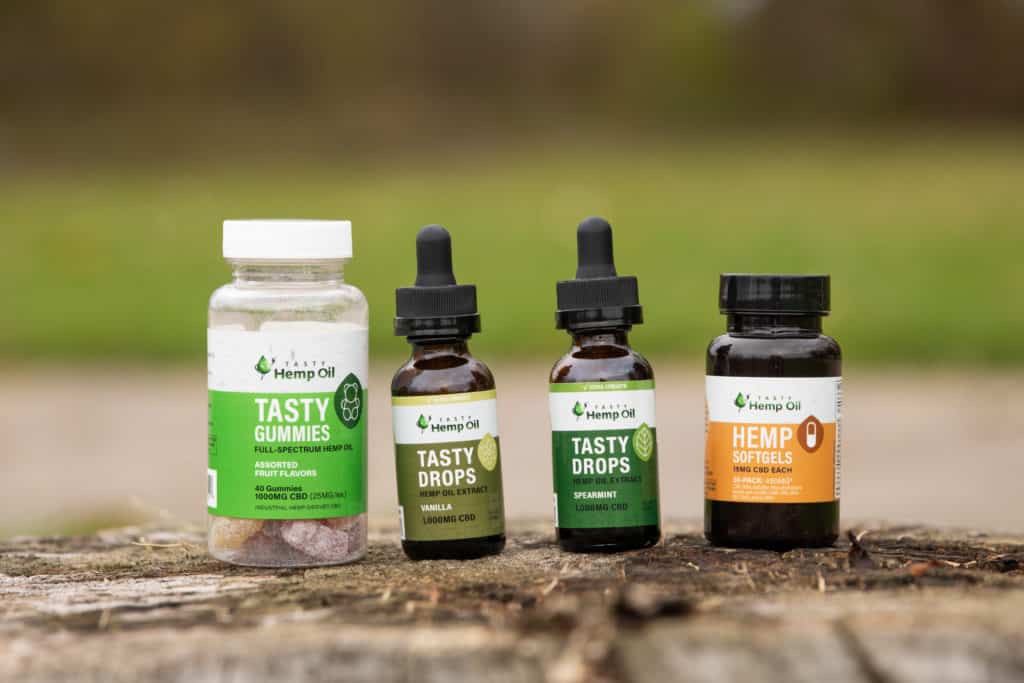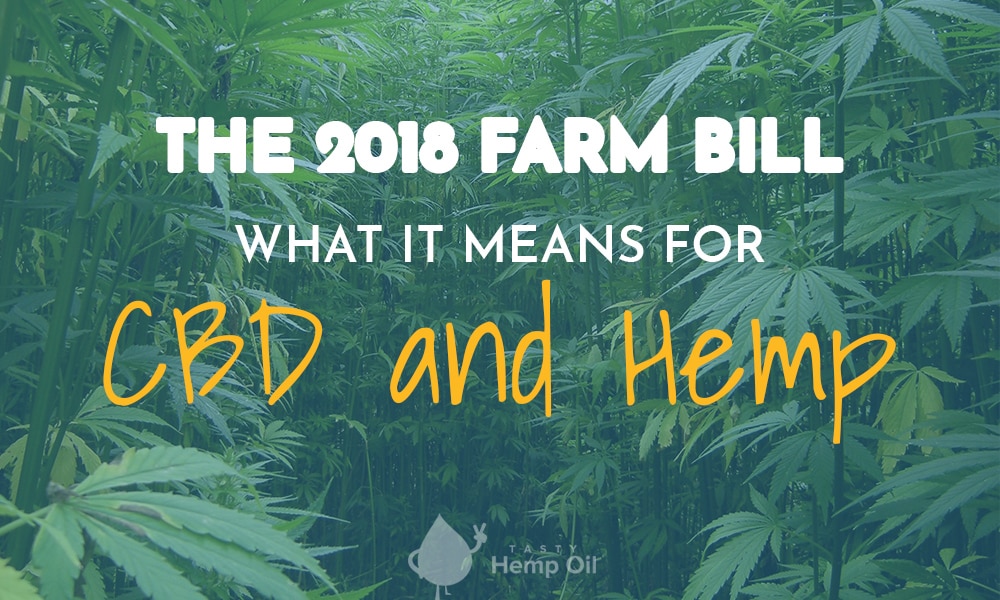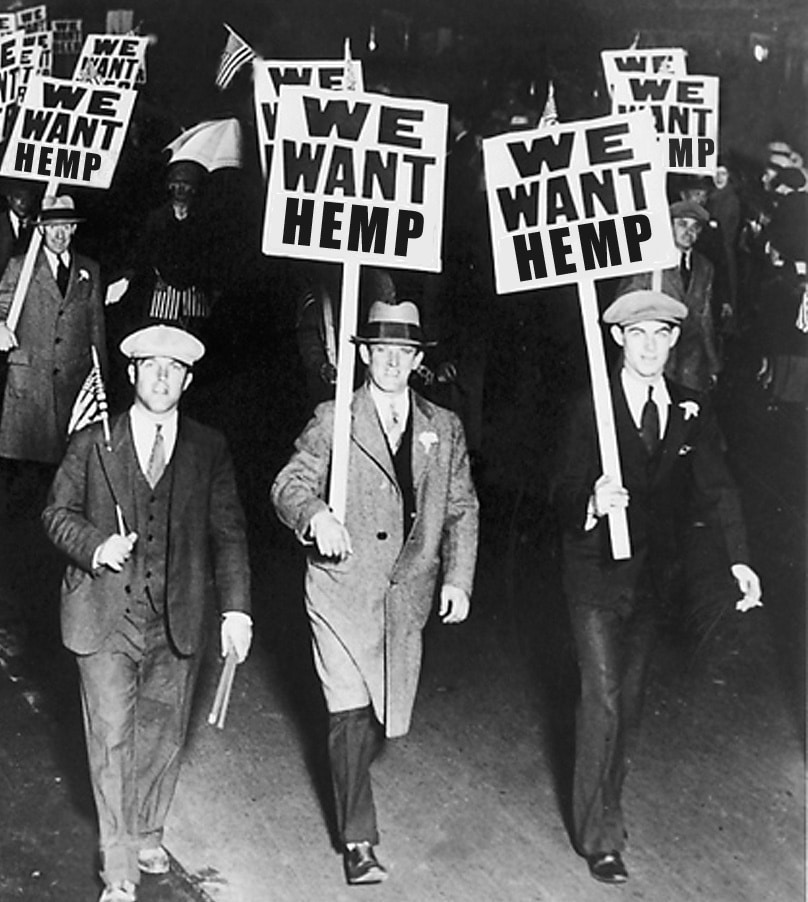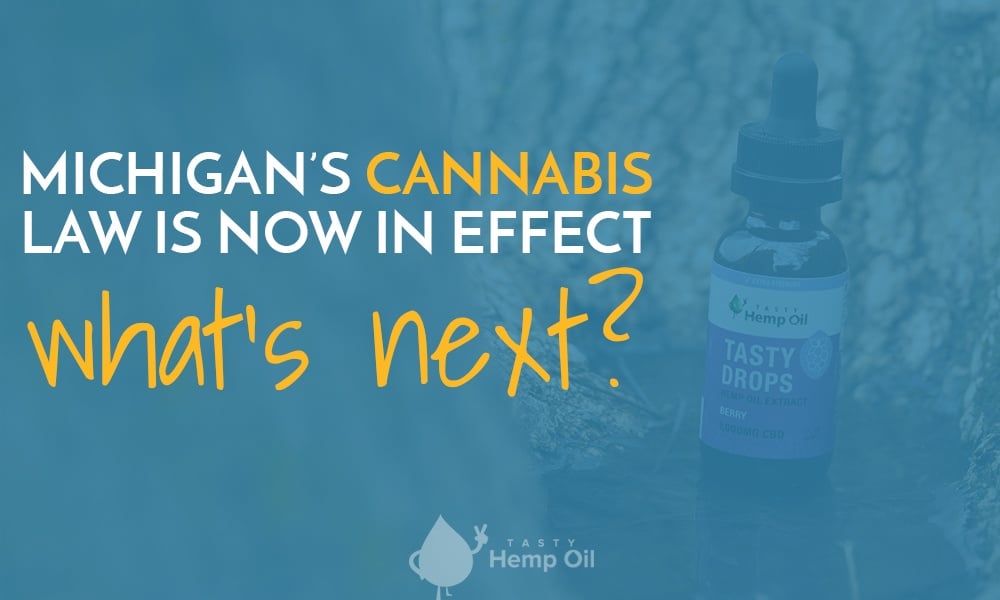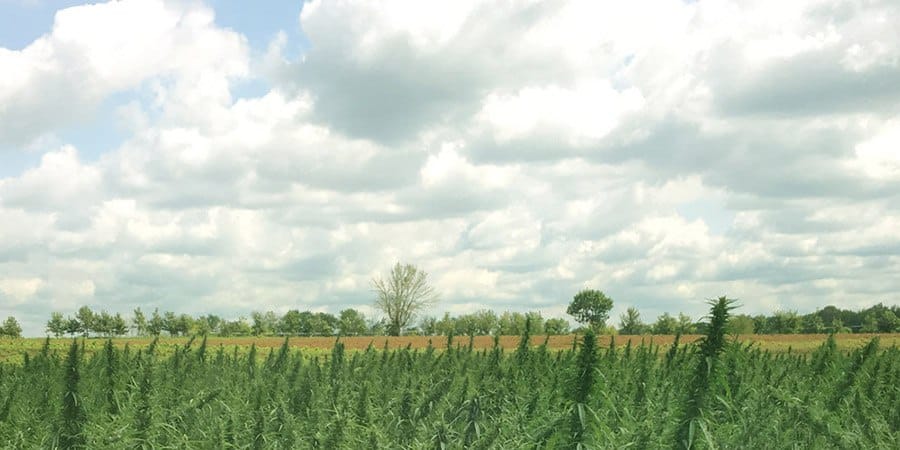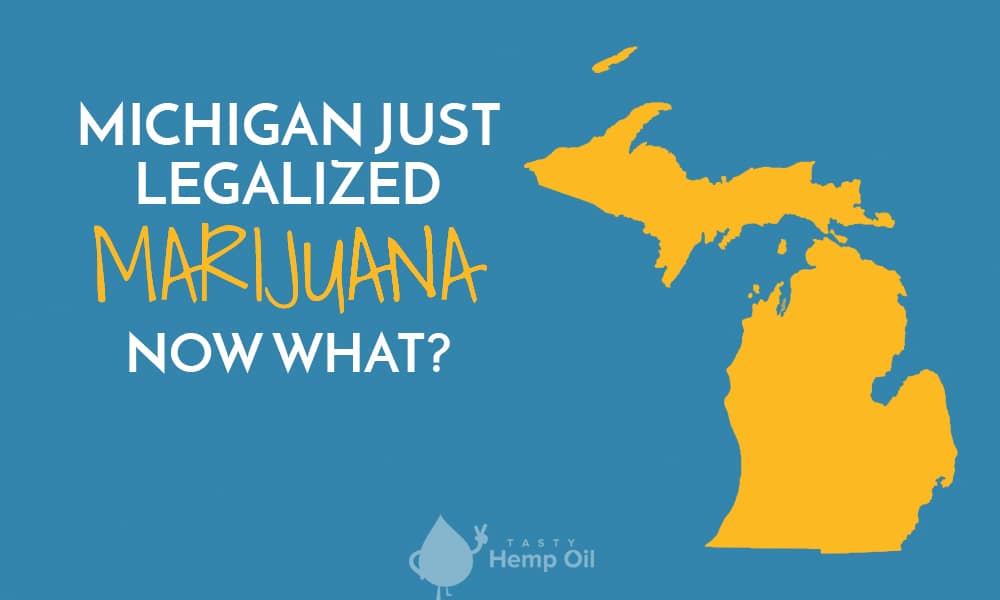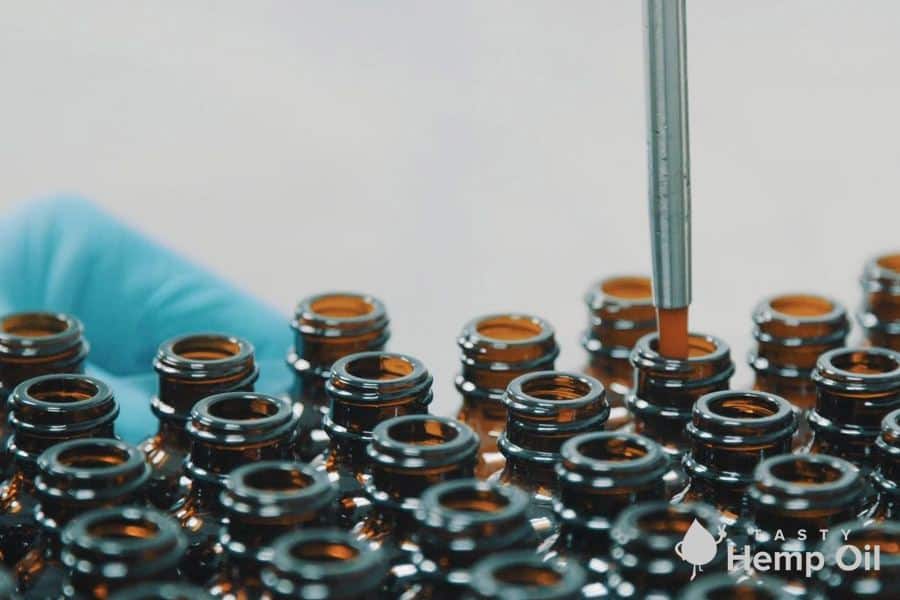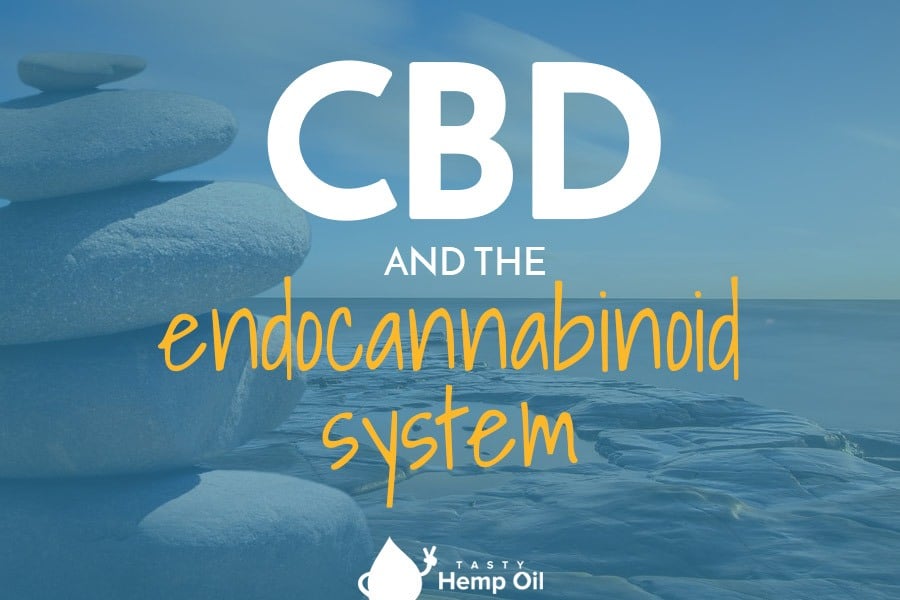
Learning about the possibilities of CBD as a wellness supplement is encouraging, but it leaves us with questions. Most specifically, how exactly does CBD work? For many of us, it is important to understand how a supplement affects our body. Through testimonials, news reports, and research, we’ve heard that CBD is an effective health supplement; now we need the information to back it up.
When discussing the benefits of CBD, it is necessary to define the endocannabinoid system (ECS). CBD and other cannabis compounds (called cannabinoids) interact with the ECS to produce their respective effects. By learning about the ECS, we get a clearer idea of how CBD can support wellness.
Homeostasis: A State of Balance
Before diving into the process of the ECS, it is helpful to keep in mind the purpose of the system. The goal of the ECS is homeostasis, which is a state of balance. There are many functions of the body that need to remain within a certain level; the ECS plays a part in maintaining that level.
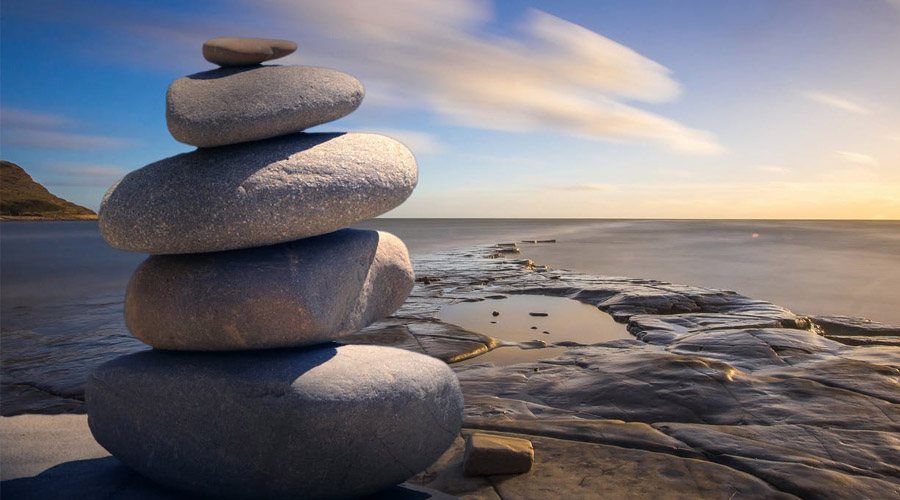
Just as the body must maintain a specific internal temperature, many aspects of the human body depend on homeostasis for proper functioning. For that reason, the ECS plays a vital role in the proper functioning of the body.
The Process of the Endocannabinoid System
The ECS is involved in a number of biological functions. While the system was discovered during the research of cannabis, the ECS is a biological system that can function without cannabis compounds.
In our bodies, we create compounds that are similar to cannabis compounds (cannabinoids). They are called endocannabinoids (endo- meaning within). Both endocannabinoids and phytocannabinoids (phtyo- meaning plant) interact with our cannabinoid receptors.
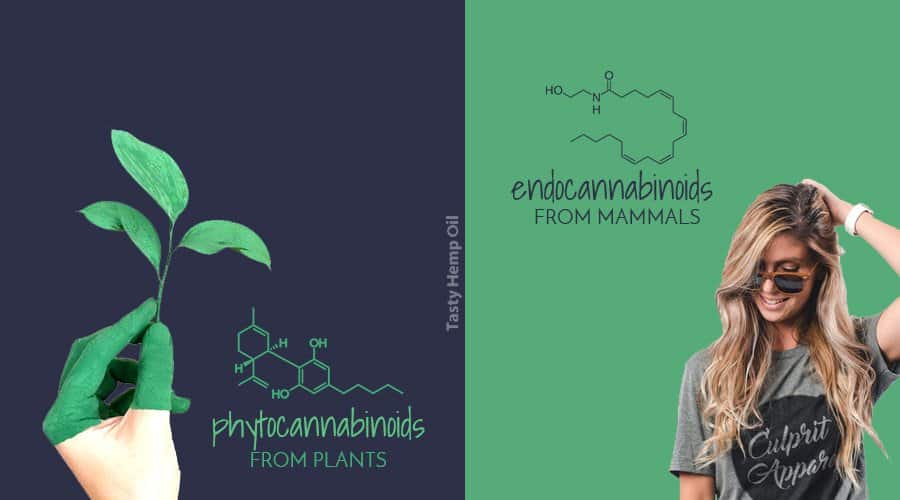
The ECS is composed of a series of cannabinoid receptors. The two major cannabinoid receptors—CB1 and CB2—are found throughout the body; CB1 receptors are prominent in the brain and central nervous system while CB2 receptors are located primarily in the immune system. The location of our cannabinoid receptors is telling of what functions the ECS regulates.
Endocannabinoids bind to and activate the cannabinoid receptors. The two major endocannabinoids are anandamide (better known as the “bliss molecule”) and 2-AG.
Endocannabinoids are created as needed and give our cells a specific direction that leads the body back to homeostasis.
The ECS also includes metabolic enzymes, which break down the endocannabinoids after they are used. This ensures that the endocannabinoids perform only as needed.
So, How Does this Correlate with CBD?
CBD and other phytocannabinoids mimic the actions of our endocannabinoids. Similar to the compounds we create in the body, phytocannabinoids interact with our cannabinoid receptors to produce various effects. Phytocannabinoids support the ECS by providing it with additional cannabinoids. This can be beneficial when our body needs extra support or is not creating enough endocannabinoids.
While some phytocannabinoids interact with the ECS the same as our endocannabinoids, CBD is unique because does not bind directly to the CB1 receptor. Rather, CBD prohibits other compounds from binding to the receptor. For this reason, CBD is known as an antagonist.
The antagonistic action of CBD can be beneficial in two ways.
First, CBD prohibits intoxicating compounds such as THC from interacting with our receptors. This reduces the effect THC has on our body.
Second, CBD blocks beneficial cannabinoids from binding to the receptor, which allows for an abundance of the beneficial compound to be available in the body.
What, Specifically, does this Help With?
This post is a starting point for your research into the effects of CBD. Due to FDA regulations, we are limited to what we can discuss. The next step in your research is to find trustworthy research that discusses the conditions that the ECS supports. While research is still ongoing, the information available will give you a better understanding of how CBD can benefit the ECS.
When a function of the body strays from homeostasis, the ECS is called upon to create endocannabinoids and bring the body back to balance. By understanding the endocannabinoid system, we can begin to appreciate CBD as a wellness supplement. Do you have additional questions about the ECS? Leave a comment below!




